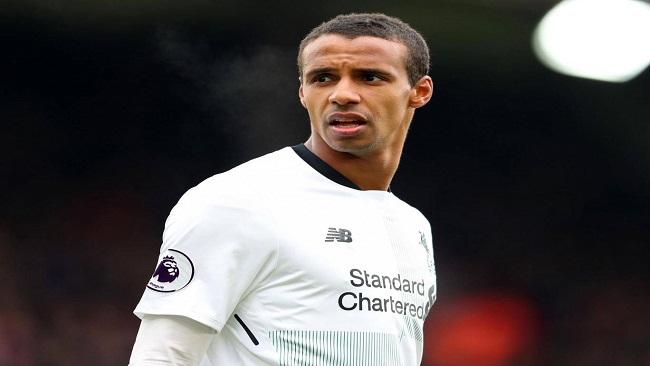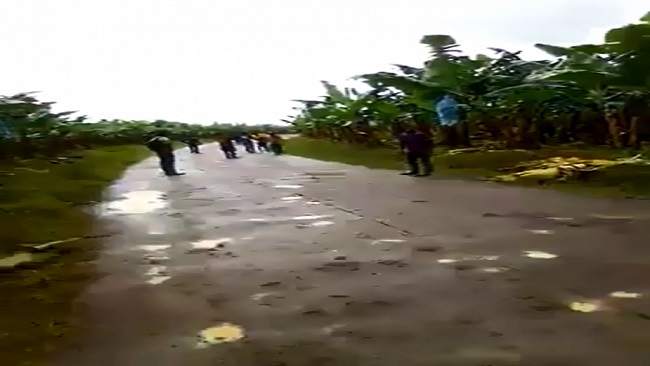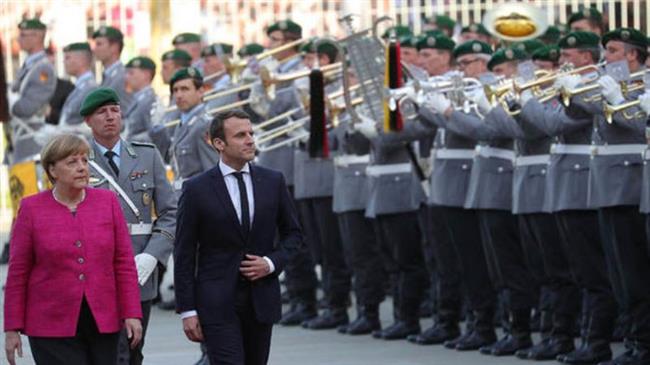16, October 2019
No sign of Brexit breakthrough as final hour approaches 0
With only a couple of days to go before a Brexit deal on Britain’s scheduled date of departure (October 31) from the European Union (EU) becomes impossible, there is much confusion about the outcome.
In the latest development, the Irish Taoiseach (Prime Minister), Leo Varadkar, has said there are “many issues” to resolve before an agreement can be reached.
The Irish leader’s latest Brexit statement comes amid feverish activity by all sides as the EU prepares to hold its all-important summit in Brussels tomorrow.
Amid this frantic activity, and associated confusion, the Brexit secretary, Stephen Barclay, told a committee of MPs that the Prime Minister, Boris Johnson, will “comply” with the terms of the Benn Act.
The Benn Act, which received its royal assent only last month, compels the PM to seek a three-month delay to Brexit if a deal on exiting the EU cannot be reached by October 19.
“I can confirm, as the prime minister has repeatedly set out, that firstly the government will comply with the law … And secondly, the government will comply with undertakings given to the court in respect of the law”, Barclay told the House of Commons Brexit committee.
In another development, the EU’s chief Brexit negotiator, Michel Barnier, is set to meet EU diplomats later today in order to determine if he can recommend a UK withdrawal agreement ahead of tomorrow’s summit in Brussels.
Source: Presstv


























16, October 2019
Message to Ambazonia: Catalonians begin 100km ‘freedom march’ to Barcelona 0
In a straw hat and hiking boots, Jordi Soler set out from Girona with thousands of others on a 100-kilometre (60-mile) “freedom march” after Spain jailed nine Catalan separatist leaders.
“This is to show that we can bring Catalonia to a halt… to show that Madrid must do something because if not, it will soon be out of its hands,” warned the 25-year-old doctoral student.
With a Catalan separatist flag tied to his rucksack, he set off down the road among an endless line of marchers, from youngsters to pensioners, all of them protesting Monday’s Supreme Court verdict which handed nine Catalan leaders heavy prison terms for their role in the failed 2017 independence bid.
Following two days of mass protests, which at times turned violent, separatist activists on Wednesday organised five regional marches to Barcelona which are expected to reach the city by Friday.
The mass deployment down miles and miles of roads and highways is aimed at causing transport chaos in one of Spain’s most important economic regions, which is also a bottleneck for traffic moving between Spain and France, and the rest of Europe.
Organisers say some 10,000 people turned out for the start of the marches, with the biggest in separatist stronghold Girona, the hometown of former Catalan president Carles Puigdemont, who fled to Belgium to escape prosecution for his role in the crisis.
On a chilly morning barely warmed by the autumn sun, the crowds rallied in the town’s October 1 square renamed in honour of the date of the contentious referendum, which was banned by Madrid and marred by police violence.
And by 9:00 am (0700 GMT), they were on their way, setting out on a 100-kilometre journey to the Catalan capital that will take them through the verdant hilly countryside of Girona to the sandy plains of the Mediterranean coast.
– Independence struggle as ‘TV series’ –
Some will walk the entire way. Others will complete only part of it. With many passing cars honking their support, the march got under way in a festive atmosphere, moving aside only to allow the passage of ambulances or other emergency vehicles.
“It’s all very peaceful and that’s good… even if sometimes you have to more forceful,” Soler grins, in a nod to the overnight clashes in Barcelona.
When the independence movement began to gain momentum, he was just 18. Ensconced in leftwing Catalan circles, his involvement in the separatist movement came naturally, he says.
After seven years of demonstrations, protests and votes for independence, none of which had any effect, Soler admits feeling “a little worn out” by the struggle.
But he won’t give up.
“It’s like a TV series. You’ve watched seven seasons and the eight is rubbish, but you still watch it because you’ve come so far and hopefully it will have a good ending,” he explains.
The marches were organised by ANC and Omnium, the region’s two biggest grassroots pro-independence groups that have organised some of the largest separatist protests in recent years.
And both groups have been directly impacted by the verdict, with Omnium head Jordi Cuixart, and Jordi Sanchez, who headed the ANC during the 2017 independence bid, both sentenced to nine years behind bars.
– ‘I’m in a hurry’ –
The peaceful marches stood in stark contrast with the tense protests of recent days, led by activist groups like the radical CDR (Committees for the Defence of the Republic) or Democratic Tsunami, who brought 10,000 people to Barcelona airport, cutting off transport links and prompting the cancellation of more than 100 flights.
“These marches… show the best of the Catalan people,” said regional president Quim Torra, who joined the march as it set out from Girona.
After two hours, with the sun much higher in the sky, the tiredness began to show.
“I’m going to stop soon. I’m not a spring chicken any more,” admitted 74-year-old Maria Pilar Collell.
Disappointed with the regional leaders, who for the past two years have been divided over how to push ahead, this elderly protester who learned Catalan in secret during Franco’s dictatorship, when it was banned, is hoping she’ll live to see the day when Catalonia is an independent nation.
“The politicians keep telling us to be patient,” she told AFP.
“But I’m in a hurry, I’m not 20 any more!”
Source: AFP